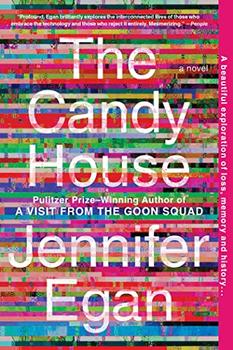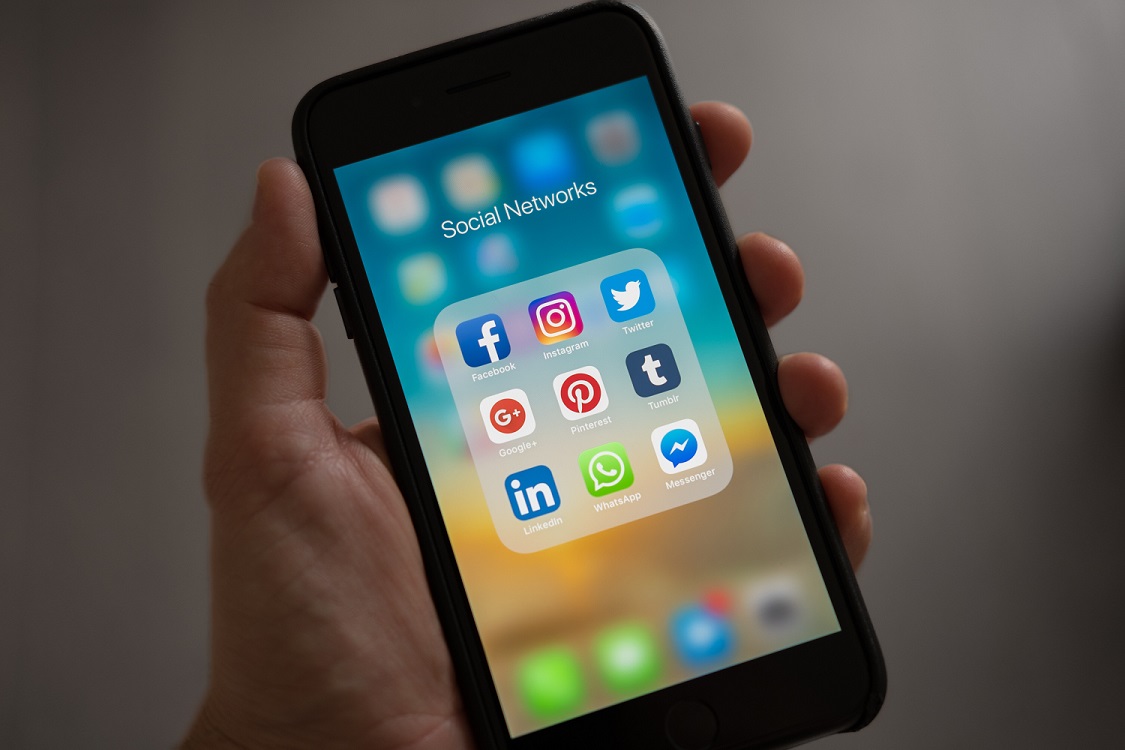Summary | Excerpt | Reading Guide | Reviews | Beyond the Book | Read-Alikes | Genres & Themes | Author Bio

A Visit from the Goon Squad #2
by Jennifer EganThis article relates to The Candy House
 In The Candy House, the allure of social media, with its illusions of security, comfort and happiness are frequently described in terms similar to those related to addiction. Egan presents characters who struggle with substance abuse and deal with their isolation by withdrawing into the social media platform Own Your Unconscious.
In The Candy House, the allure of social media, with its illusions of security, comfort and happiness are frequently described in terms similar to those related to addiction. Egan presents characters who struggle with substance abuse and deal with their isolation by withdrawing into the social media platform Own Your Unconscious.
While social media addiction is listed as a condition warranting further study in the Diagnostic and Statistical Manual of Mental Disorders — used by those in the field of psychology to diagnose mental health conditions — there have been multiple studies documenting the addictive potential of these platforms. The main chemical component in the brain behind addiction is dopamine, which is secreted from nerve tracts within the brain upon receipt of rewarding experiences of any kind — making it so that people can be addicted to a variety of different things beyond just drugs, such as food, gambling or sex.
At the same time, the brain's self-control system allows us to moderate all of the various ways that we can experience reward. With more typical addictive substances such as drugs, the substance itself inhibits self-control and also provides heightened rewards with unnaturally high dopamine response levels. A substance or experience can become more addictive if it is tied to a variable-reward system in which the response is unpredictable. This is one way that gambling becomes addictive, by creating high engagement and responsiveness from users through its unpredictability in response (you win some, you lose some).
Social media triggers the same responses chemically, as dopamine is released as a result of "likes" and other kinds of engagement that mimic human connection. It can also be unpredictable in its response, and social media companies have specifically tailored "hooks" to capitalize on natural human curiosity and the urge for connection. Algorithms maximizing short-term feedback loops of variable responses encourage users to continuously seek likes and engagement, utilizing these hardwired addiction systems. Additionally, in weaving the social media feedback loop of reward and addiction into the fabric of our society — subsuming news and communication into these platforms — habits are being formed so that being on social media is almost seen as an extension of the self.
The Candy House seeks to interrogate the promise that social media and technology-driven communications and connections have offered — and the real-life outcomes as the level of sharing and erosion of privacy increase over the years in our tech-saturated world.
Filed under Cultural Curiosities
![]() This "beyond the book article" relates to The Candy House. It originally ran in April 2022 and has been updated for the
March 2023 paperback edition.
Go to magazine.
This "beyond the book article" relates to The Candy House. It originally ran in April 2022 and has been updated for the
March 2023 paperback edition.
Go to magazine.




It is a fact of life that any discourse...will always please if it is five minutes shorter than people expect
Click Here to find out who said this, as well as discovering other famous literary quotes!
Your guide toexceptional books
BookBrowse seeks out and recommends the best in contemporary fiction and nonfiction—books that not only engage and entertain but also deepen our understanding of ourselves and the world around us.